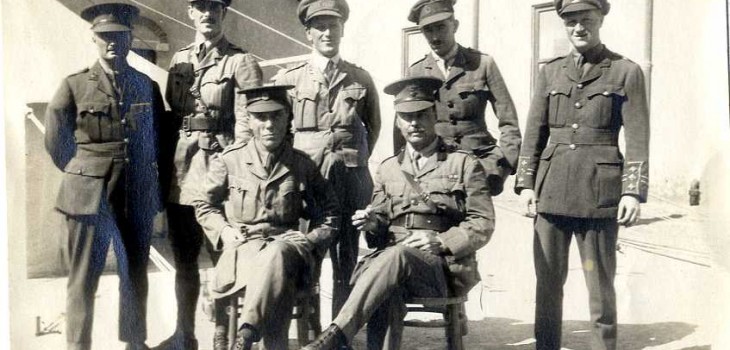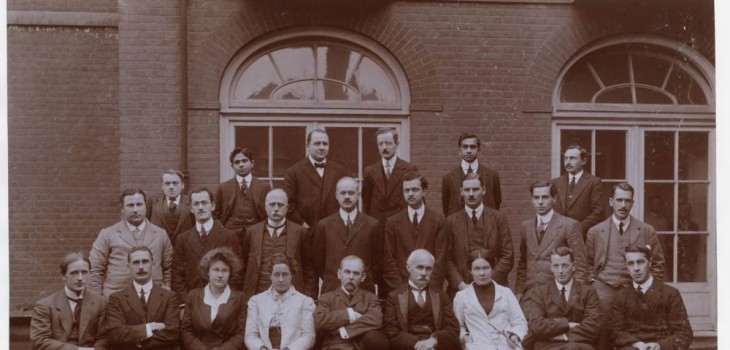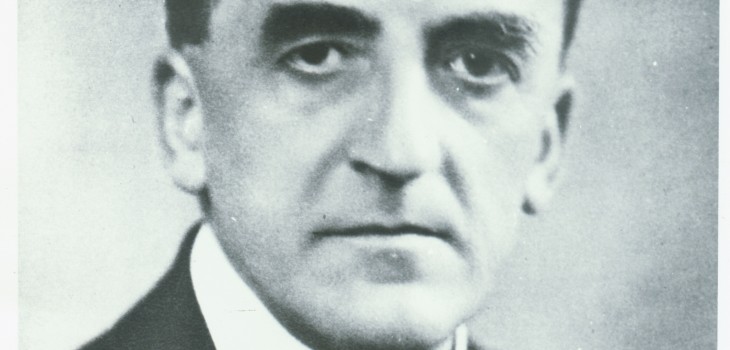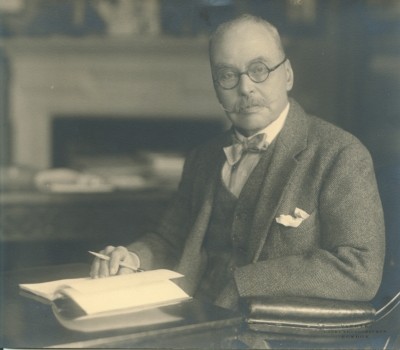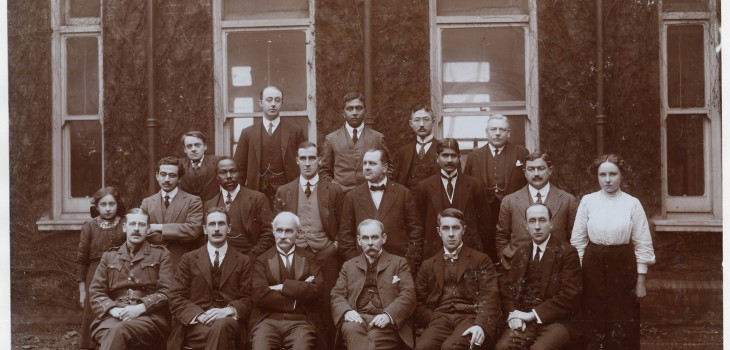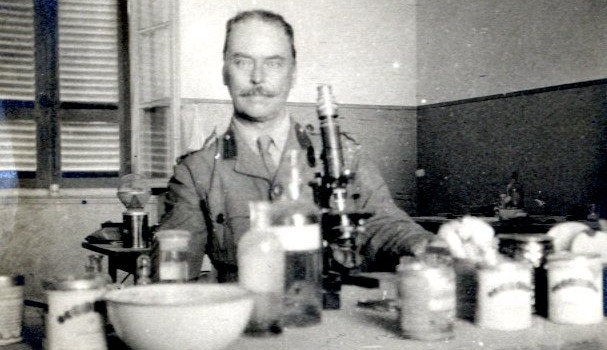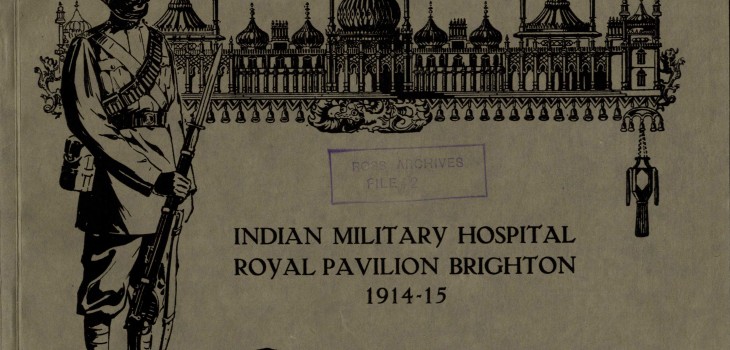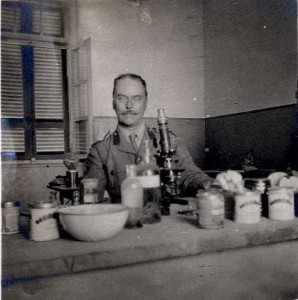
Ross in Alexandria, 1915
By Elizabeth Shuck
Between July and November 1915, during the hostilities of the First World War, Sir Ronald Ross was dispatched to Alexandria, Egypt by the War Office. Ross, the first British winner of the Nobel Prize in 1902, was there to investigate an outbreak of dysentery among troops stationed in the Dardanelles region, a narrow strait North West Turkey.
It would seem, however, that conditions at his hotel, the Regina, did not always meet Ross' expectations. Ross' diary from October 1915 shows that he was disturbed repeatedly at night by work carried out on an open drain just outside of his window. Ross was so concerned by these activities that he took the measure of planting culture plates on the window sill in order to look for harmful microorganism. Apparently, the activities not only kept him awake, but also, so he believed, caused him to,
'be made ill of it' as he complained in a letter to the manager of the hotel on the 8th of October 1915.
Ross was so perturbed by these works that he also felt it necessary to write to the Major General who was commanding troops in Alexandria about the incident. In his letter of complaint to the General he argues that he,
'demonstrated dangerous germs in the air!'.
Perhaps Ross was correct in this
assumption, according to the results of Ross' window sill culture plates B.Coli, a parasitic species that causes the intestinal disease balantidiasis, and 'a large number of molds', was found to be present. Fortunately, Ross did not succumb to serious illness and was able to leave Alexandria after four months when the outbreak of dysentery ceased.
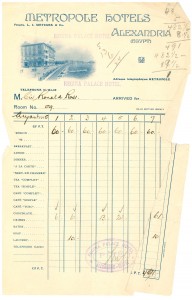
Bill for Sir Ross from the Regina Hotel, Alexandria, 1915
In the Archives there is a large collection of material on Ross’ work in Alexandria including photographs of the 21 General Hospital in Alexandria where Ross worked, garrison orders warning troops not to clean cutlery with unsterilized sand, nominal roll of admissions for dysentery for Number 17 General Hospital, post mortems on cases showing dysenteric ulcerationof colon at 21 General Hospital by George Bertram Bartlett and charts showing incidence of bowel complaints in the Mediterranean Expeditionary Force by David Thomson.
For further information, please contact the Archives Service at archives@lshtm.ac.uk
Read more






